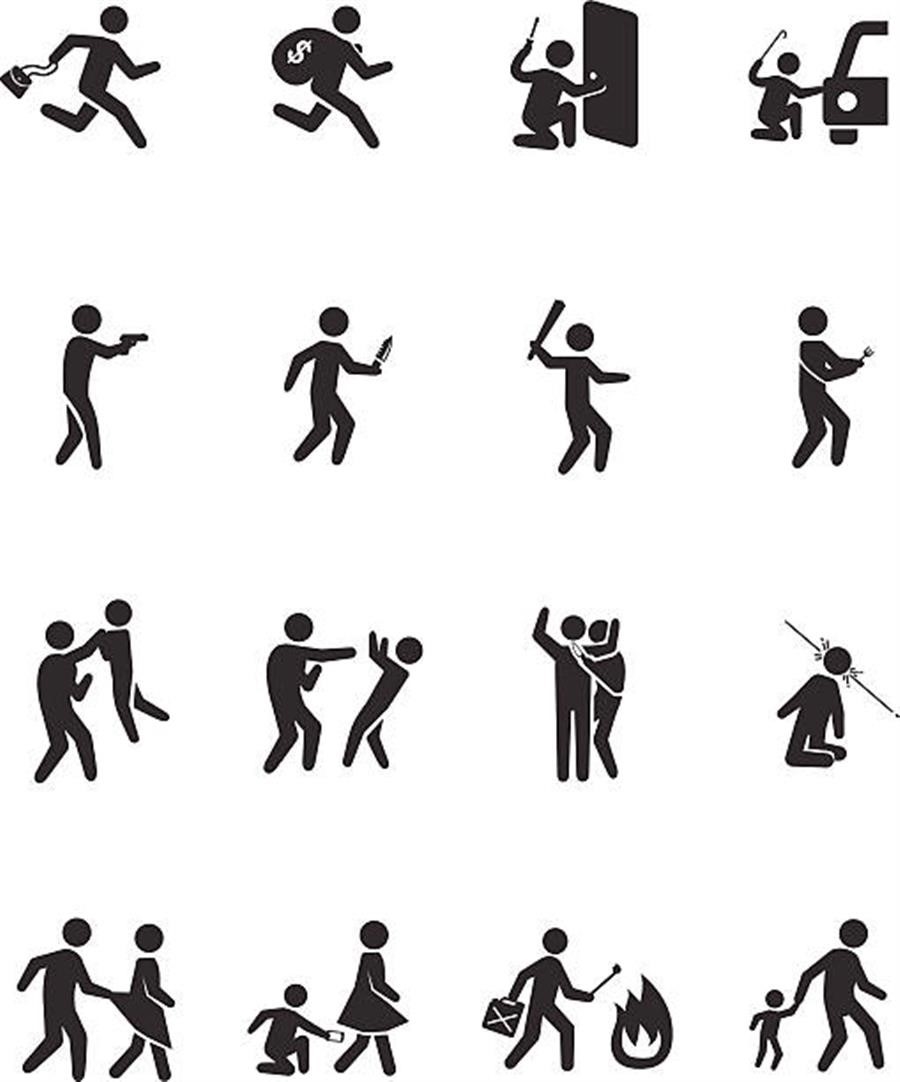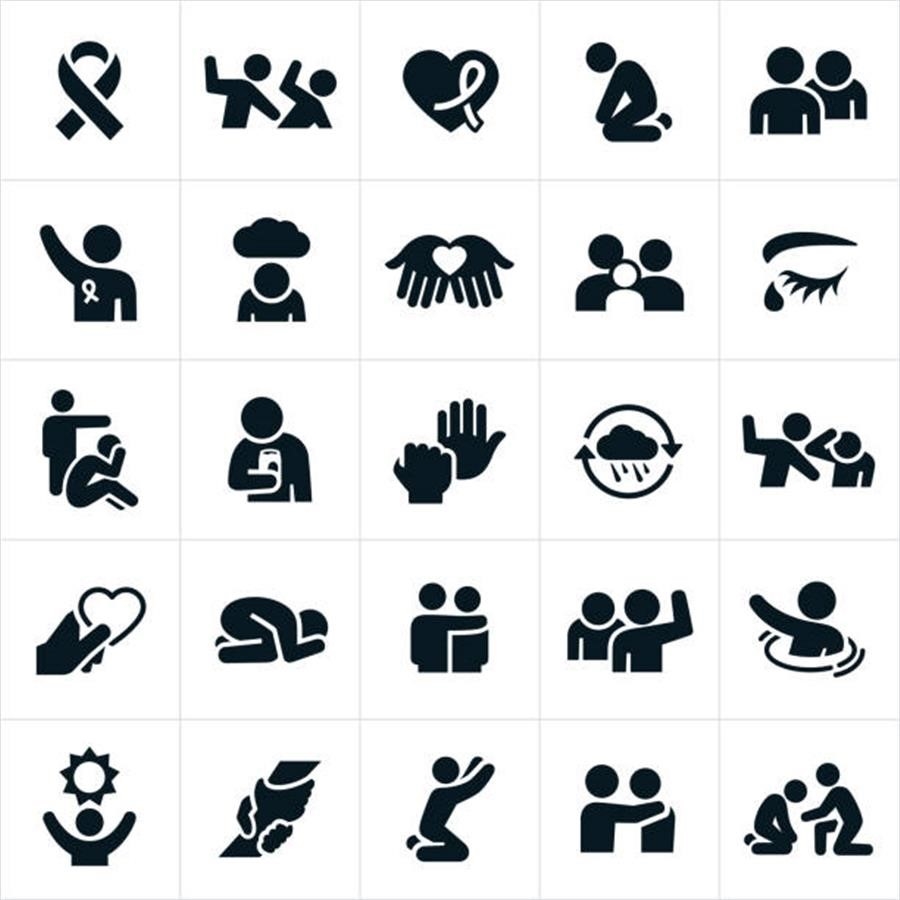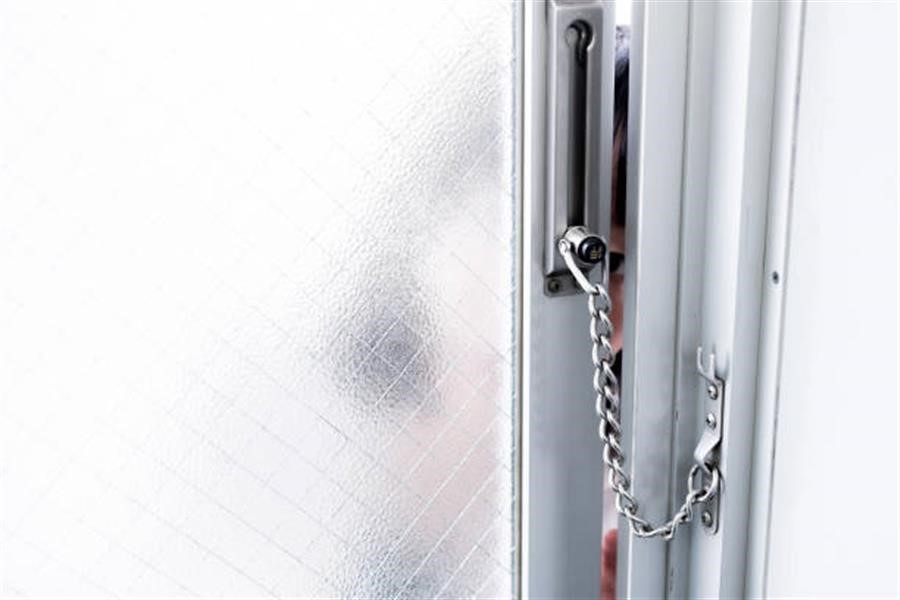The warning signs of domestic abuse may go unnoticed to the victim or the victims’ friends and family. Or, the signs won’t be recognized as abuse. Familarizing oneself with some of the signs may help, or even save the life of an abused woman.
Signs of High Risk
- He puts her down
- He does all the talking and dominates the conversation
- He checks up on her all the time, even at work
- He tries to suggest he is the victim and acts depressed
- He tries to keep her away from you
- He acts as if he owns her
- He lies to make himself look good or exaggerates his good qualities
- He acts like he is superior and of more value than others in his home
- She may be apologetic and makes excuses for his behaviour or becomes aggressive and angry
- She is nervous about talking when he’s there
- She seems to be sick more often and misses work
- She tries to cover her bruises
- She makes excuses at the last minute about why she can’t meet you or she tries to avoid you on the street
- She seems sad, lonely, withdrawn and is afraid
- She uses more drugs or alcohol to cope
|
The danger may be greater if:
- He has access to her and her children
- He has access to weapons
- He has a history of abuse with her or others
- He has threatened to harm or kill her if she leaves him: He says “If I can’t have you, no one will.”
- He threatens to harm her children, her pets or her property
- He has threatened to kill himself
- He has hit her, choked her
- He is going through major life changes (e.g. job, separation, depression)
- He is convinced she is seeing someone else.
- He blames her for ruining his life
- He doesn’t seek support
- He watches her actions, listens to her telephone conversations, sees her emails and follows her
He has trouble keeping a job
- He takes drugs or drinks every day
- He has no respect for the law
- She has just separated or is planning to leave
- She fears for her life and for her children’s safety or she cannot see her risk
- She is in a custody battle, or has children from a previous relationship
- She is involved in another relationship
- She has unexplained injuries
- She has no access to a phone
- She faces other obstacles (e.g. she does not speak English, is not yet a legal resident of Canada, lives in a remote area)
- She has no friends or family
|
Adapted with permission from the Centre for Research and Education on Violence against Women and Children from materials produced by the Ontario’s Women Directorate and CREVAWC for their Neighbours, Friends and Families campaign.



